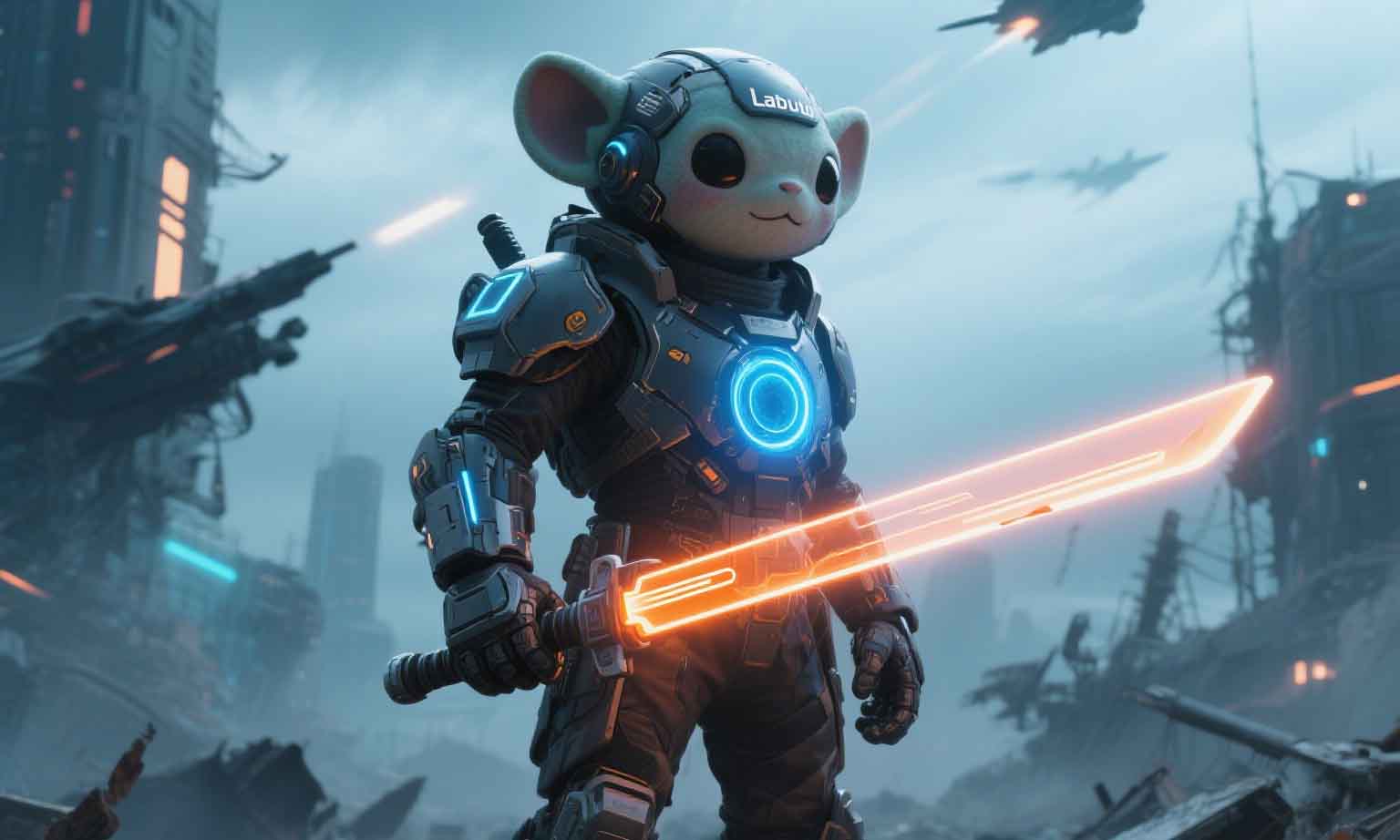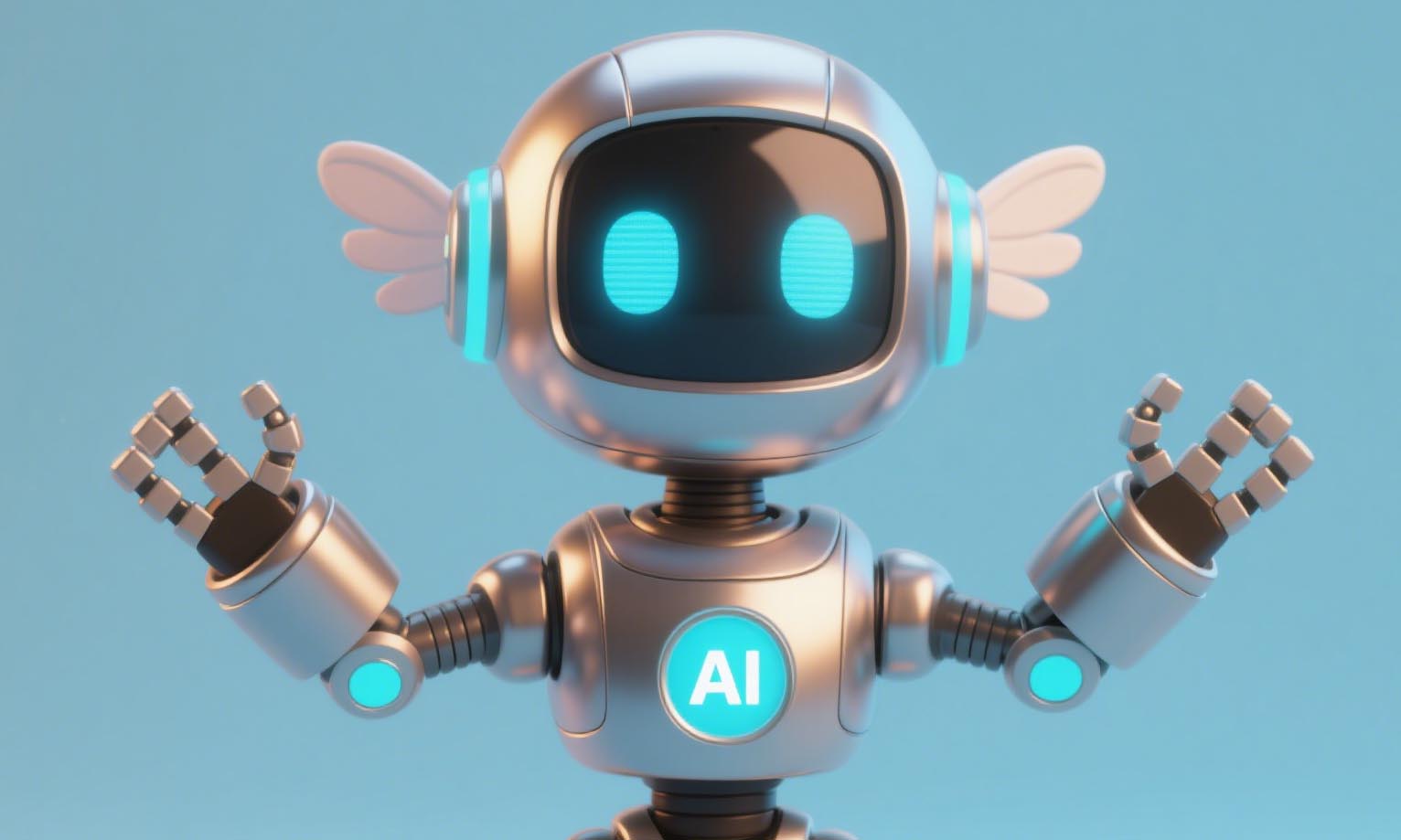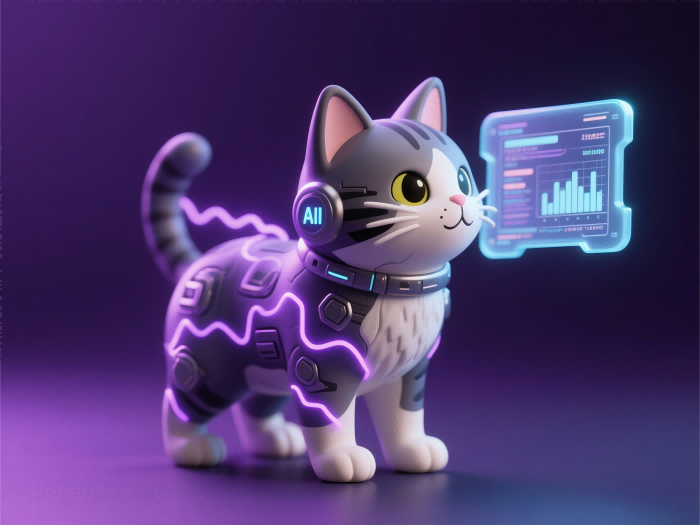The Rise of AI Toys: From "Electronic Pets" to "Educational Necessities"
The evolution of AI toys from simple electronic novelties to indispensable learning companions marks a revolution in childhood development. PTALK AI exemplifies this shift, transforming plush animals and plastic figures into intelligent partners that blend play with purpose. While early electronic pets offered basic interactions, today’s AI toys leverage cutting-edge technology to nurture creativity, social skills, and cognitive growth—positioning themselves as essential tools in modern AI-powered early education.

Technologically, PTALK AI sets a new industry benchmark. Its compact hardware module (25×45mm) integrates adaptive noise-canceling algorithms and 92% accuracy speech recognition, enabling seamless dialogue even in chaotic playrooms. The software ecosystem allows toy manufacturers to create customized knowledge bases via zero-code platforms—imagine a dinosaur-shaped AI toy explaining paleontology or a space rover teaching planetary science through immersive role-play. Crucially, PTALK prioritizes safety: end-to-end encryption protects communications, while parental controls filter content and manage screen-free engagement. This technical synergy transforms traditional toys into dynamic AI-powered early education platforms.
Market competitiveness stems from PTALK’s triple-value proposition. First, as AI-powered early education tools, toys utilize bilingual dialogues and scenario-based games (e.g., rescuing animals while learning English) to make knowledge absorption organic. Second, they serve as AI assistants for family education: parents record personalized bedtime stories via app, while toys analyze interaction patterns to recommend math challenges or science experiments, creating tailored learning journeys. Third, social connectivity features—like group intercoms encouraging collaborative play—address emotional needs. One partner brand’s success illustrates this shift: by embedding PTALK’s system, they transitioned from toy sellers to educational service providers, generating ¥3M+ annual revenue from subscription-based learning content.
Yet PTALK’s vision transcends replacement. These AI toys are designed as amplifiers, not substitutes. When a family education AI assistant quizzes a child on "2+2," parents provide the deeper "why"; when it suggests "Share this drawing with Mom," human connection takes center stage. The 30-day rapid production cycle and modular design (¥50/unit) democratize access, but the true necessity lies in their balanced approach: they ignite curiosity through AI-powered early education while preserving irreplaceable family bonds.
The journey from beeping electronic pets to PTALK’s intelligent companions reflects a societal awakening: AI toys are no longer gadgets but gateways to holistic development. As they evolve into family education AI assistants, they redefine play as purposeful exploration—where every conversation builds knowledge, every game fosters growth, and technology elevates rather than eclipses human nurturing.













